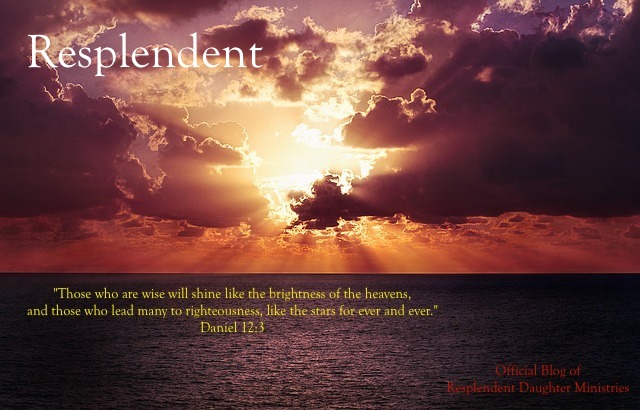Today's reading is John 4:46-54.
46 Now he came again to Cana in Galilee where he had made the water wine. In Capernaum there was a certain royal official whose son was sick. 47 When he heard that Jesus had come back from Judea to Galilee, he went to him and begged him to come down and heal his son, who was about to die. 48 So Jesus said to him, “Unless you people see signs and wonders you will never believe!” 49 “Sir,” the official said to him, “come down before my child dies.”50 Jesus told him, “Go home; your son will live.” The man believed the word that Jesus spoke to him, and set off for home.
51 While he was on his way down, his slaves met him and told him that his son was going to live. 52 So he asked them the time when his condition began to improve, and they told him, “Yesterday at one o’clock in the afternoon the fever left him.” 53 Then the father realized that it was the very time Jesus had said to him, “Your son will live,” and he himself believed along with his entire household. 54 Jesus did this as his second miraculous sign when he returned from Judea to Galilee.
I wonder why John chose to include in his gospel account this story. None of the other 3 gospels record it. In Matthew 4:23 we read that Jesus did many signs and wonders during this period of time in Galilee. Apparently, this event was one. Why did John include this one?
Could it be because the petitioner was of the royal household, perhaps the royal household of Herod?
Could it be because the man journeyed 15 miles (from Capernaum to Cana) to see Jesus and ask for His favor? We are not told how this royal official had heard of Jesus; but, he obviously had some knowledge of His healing power and was desperate to "try anything". (Would any of us parents do any different?)
The man thought this crisis urgent enough to go himself to see Jesus, as did Jairus, whose story is recorded in Luke 8. Both men could have sent servants, but chose to come on their own. Both were "men of power", but realized that their human "power" was puny in the face of God's strength.
I find it odd that, upon hearing the man's request, Jesus commented that the people would not believe Him unless they saw miracles. It does not seem that the man was interested in sensational signs or wonders, or even in professing Jesus as Messiah. He possessed the amount of belief that the Devil has - - - Scripture says that "even the demons believe, and tremble." The nobleman fully believed that Jesus could heal his son, if he would. He seemed to only want to see his child healed. Jesus, in reply to the man's level of unwavering faith and persistence, healed the child at that very moment.
"Go home; your son will live."
"Go home; your son will live."
And, maybe this is one reason why John included the story. Without another word, the man who had heard Jesus believed Him, and acted on that belief. He turned and started for home. He did not question. He did not appear bewildered. He just acted on his faith. Wow. I am stunned by such faith, even though it was not salvation faith.
Then, of course, there is the divine aspect of Jesus' power to heal someone from a great distance. Just as He spoke the worlds into existence many eons before (Colossians 1:16; Genesis 1:3), Jesus spoke and the disease was gone. One word from Him, and that boy was restored. The very minuscule particles of matter hear...and obey.
Skeptics reading this account might say...."Sure the kid was healed...sure..." To counter that, John provides testimony, garnered later from the father or his servants one might assume, which proves this healing happened just as Jesus declared. (vs. 52-53)
It was only after the father saw the "proof" that his son had begun to recover at the same time Jesus spoke the word that he grabbed hold of saving faith. And, his entire family along with the household of servants believed, right along with him. Such is the power of the word of God. What greater proof that Jesus is God-in-flesh?
Here are some related verses for your meditation today:
Psalm 33:8-9 "Let the whole earth tremble before the Lord; let all the inhabitants of the world stand in awe of Him. For He spoke and it came into being; He commanded, and it came into existence."
Psalm 147:18 "He sends His word and melts them; he stirs up his breezes and the waters flow."
Hebrews 11:3 "By faith we understand that the universe was created by God's command, so that what is seen has been made from things that are not visible."
Have you thought about how He still speaks to our hearts today? His truth and His word are unchanging, although the world arounds us changes at a dizzying pace. The questions for us are: "Will we listen?" "Will we take Him at his word?" Will we trust what He says?
Dear Jesus, You are the fullness of God, and Your words will stand forever. Savior, speak to me today and open my ears so that I can listen. I want to walk where You lead me today, to do Your will, to follow hard after You. Please give me faith greater even than this nobleman had. I fall so short of fully trusting You! In Jesus' name, amen.
